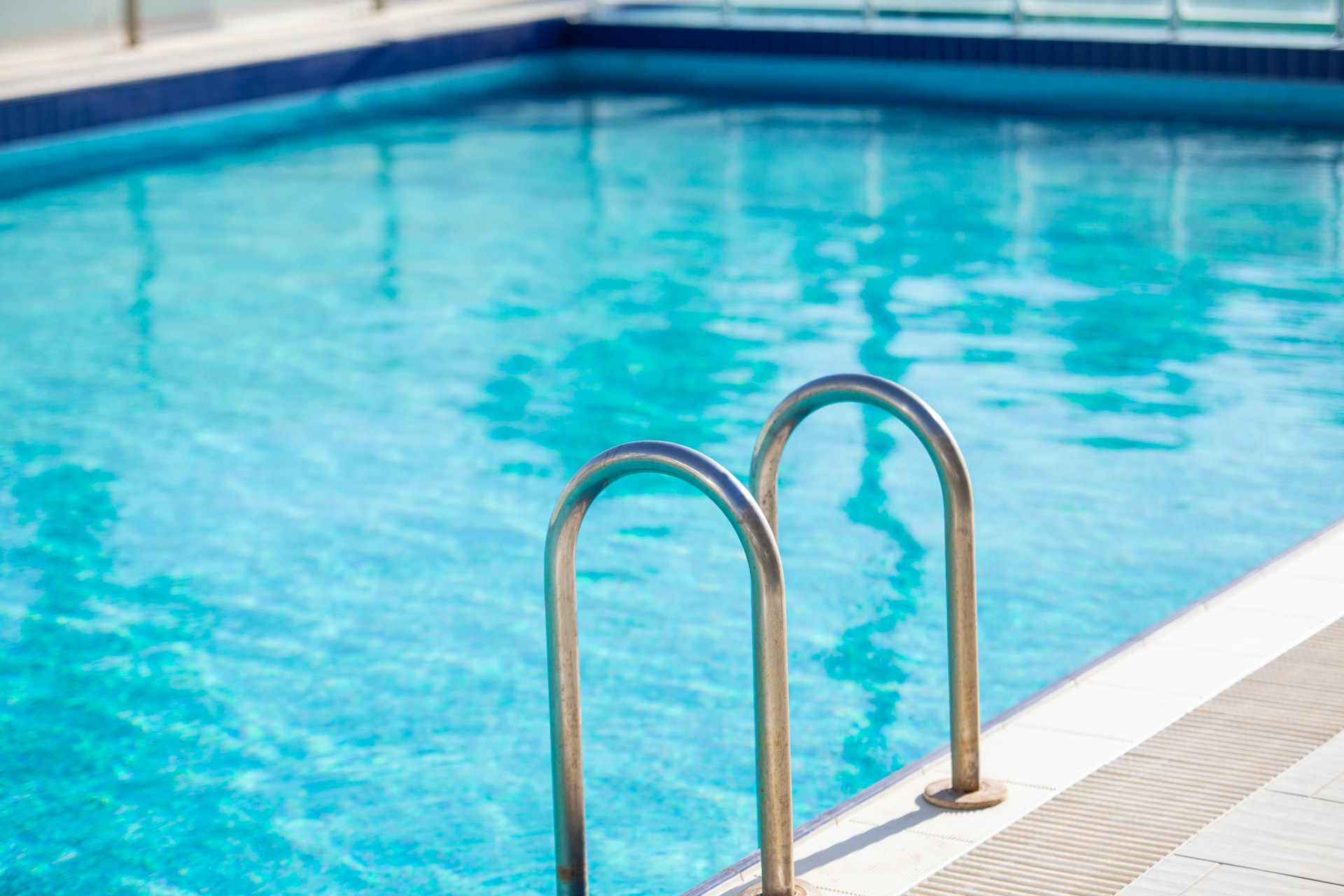Swimming is the fourth most popular activity in the U.S., but not everyone wants to commute to a nearby public pool. The United States plays host to over 10.7 million pools, some private and others public. People have several reasons to get swimming pools. Some people want to have pool parties and more social events at their homes. Other homeowners prefer more convenient access to a pool. They don’t want to make the commute to a public pool and share the space with too many people.
Homeowners have different reasons to install pools, but many wonder how a pool will impact their home’s value. Some people may add a pool just to sell their home at a better price. We will discuss some factors to consider and the different ways a pool can affect your home’s value.
Costs to Consider Before Installing a Pool
Installing a pool can make your home more appealing, but it is an investment. Some homeowners end up with a net loss as costs add up and the property does not get enough appreciation. However, knowing the risks and optimizing the pool installation can result in a profitable investment. You should consider these costs before adding a pool to your home.
Financing
Not every homeowner has enough funds to buy a pool. Homeowners without enough cash have to reach out to lenders and obtain financing for their pools. You will have to make monthly loan payments over several years, and a higher interest rate can make your pool more expensive. You will also have to decide if you want higher monthly payments and a shorter loan or lower monthly payments and a lengthier loan.
Installation
Pool installation costs vary based on the type of pool and labor involved. The average in-ground pool costs $35,000, while the more affordable above-ground pool will still cost thousands of dollars. Above-ground pools do not last as long as in-ground pools and will not help as much with your home’s valuation.
Maintenance
Pool maintenance costs $100-$400 per month for most homeowners. These costs vary based on the pool’s size, utilities, repairs, and other factors. You will have to purchase chemicals to maintain sufficient pH levels and prevent algae growth. You will also have to keep the pool clean and buy several resources such as telescoping poles.
Insurance
Most private pool owners don’t hire a lifeguard during parties and other get-togethers. As a result, you can be held legally liable if someone gets hurt or dies in your pool. An insurance policy can protect you from this risk, but you will have to pay monthly premiums. Some homeowners also increase their home insurance premiums, so their policies cover pool damages. This increase can add $50/year to your bill. Pool insurance has a minimal impact on your monthly expenses, but every cost adds up.
How Much Value Does a Pool Add to Your Home?
Installing a pool can increase your home’s value by 7%. Many home buyers in warm states like Florida and California expect a pool or plan on installing one. Installing a pool before selling your home saves the buyer time and money. Homeowners can raise their prices in return for providing the buyer with this added convenience.
Can a Pool Decrease the Value of Your Home at All?
While pools typically increase the value of your home, they can make your home less attractive under certain circumstances. A poorly maintained pool can be uninviting and scare away buyers. A pool is an excellent addition to many backyards, but it can become undesirable if the pool takes up too much space. Many homeowners want variety. They want the pool and space for other backyard essentials as well.
What Things Can Affect the Value A Pool Can Add to Your Home?
Adding a pool to your home will impact its value, but potential appreciation depends on several factors.
Your Home’s Current Value
Your home’s current value can influence how a pool affects your home’s selling price. While a pool is a great feature for many homes, many buyers expect a pool in a luxury home. If your home is not a million-dollar property, a pool can still help by giving your home a sense of luxury. On the other hand, pools in cheap homes may not affect the value as much. Homeowners looking at more affordable homes often want to incur fewer expenses, and they may not want to bear a pool’s upkeep expenses.
The Climate in Your Area
A pool is more valuable in states like Florida and California, which have warm temperatures throughout the year. Private pools are more common in these states because year-round access increases your money’s worth. In addition, many people in those types of states will specifically buy homes with pools. A pool becomes less valuable in areas that only have a few warm months each year. The summer months are great for the pool, but a chilly fall and frigid winter can put an extended pause on pool use, especially as the sun goes down sooner.
Pool Build Quality
Adding a pool to your home isn’t enough to increase your property’s value. Homeowners must properly maintain their pools to see the maximum payoff. Home buyers want convenience, and a poorly managed pool can intimidate them, especially if other homes in the area also have pools. A dirty pool can hurt your home’s value, while accessories and special features added to the pool can lead to greater appreciation.
Pool Costs and Other Expenses
A pool’s costs don’t go away after installation. You may handle these costs without any issues, but a potential buyer may have difficulty covering pool upkeep costs. More expensive pool costs can reduce demand for your property, but a well-maintained pool can justify those expenses.
Should You Install a Pool Before Selling Your Home?
Many people install pools because they want something extra on their property. Many people want to walk out of the door and jump in the pool to counter the summer heat. In states with warm weather year-round, a pool becomes more valuable. Some home buyers will filter listed properties based on whether they have pools or not.
If you want to install a pool for your personal use, it can be a great resource. The pool can increase your home’s value, but you get to use it in the meantime. Installing a pool before selling your home can increase your home’s value, but the appreciation may not be significant enough to break even after a pool’s installation expenses and upkeep. You will be stuck with higher monthly payments while waiting for a buyer to purchase your home.







